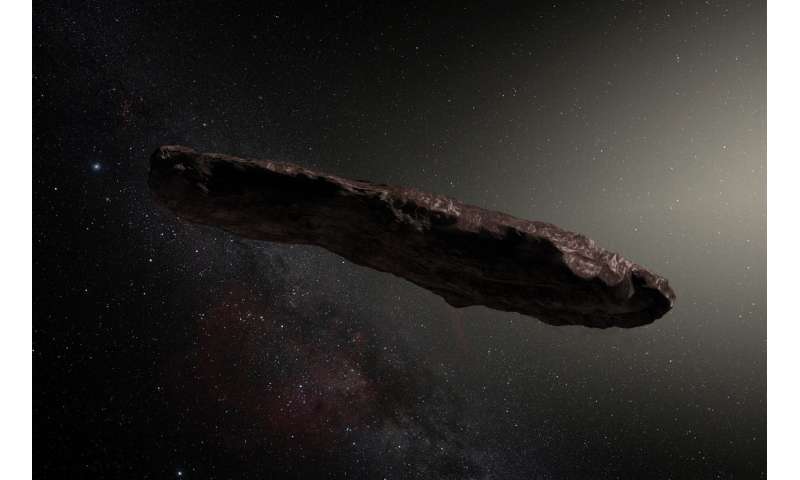Best of Last Week: More rogue planets than stars, an A/C replacement, and kids spreading COVID-19

It was a big week for space research as a pair of scientists, Thiem Hoang and Abraham Loeb with the Korea Astronomy and Space Science Institute and Harvard University, respectively, found evidence suggesting that the interstellar traveler Oumuamua isn't made from molecular hydrogen ice, after all. A team at the University of Illinois, Urbana-Champaign found evidence that suggested exploding stars may have caused mass extinction on Earth hundreds of millions of years ago. And an international team found evidence suggesting that rogue planets could outnumber the stars in the Milky Way galaxy.
In technology news, an effort led by a group at the University of Michigan achieved 8.1% efficiency and 43.3% transparency with an organic, carbon-based, transparent solar panel design. And a team at Aalto University reported a black silicon UV response that exceeded 130% efficiency—proving that an external quantum efficiency above 100% is possible in a single photodiode without external antireflection. Also, a team with members from the University of British Columbia, Princeton University, the University of California, Berkeley and the Singapore-ETH Center developed a "cold tube" that could beat the summer heat without relying on air conditioning—it works by absorbing the directly emitted body heat without having to cool the surrounding air. And a team at the University of Southern California developed a "RoBeetle" that runs on methanol, doesn't need batteries, and moves using an artificial muscle.
In other news, a trio of researchers at the University of Exeter found that recent global warming trends are inconsistent with very high climate sensitivity. And a team at Washington University School of Medicine announced that a nasal vaccine they developed prevented COVID-19 infections in mice.
And finally, if you are one of the hundreds of millions of parents around the world wrestling with the problem of sending your kids to school or teaching them at home this year, you may want to check out the results of a study conducted by Massachusetts General Hospital and Mass General Hospital for Children—they found evidence suggesting that children are silent spreaders of SARS-CoV-2.
© 2020 Science X Network